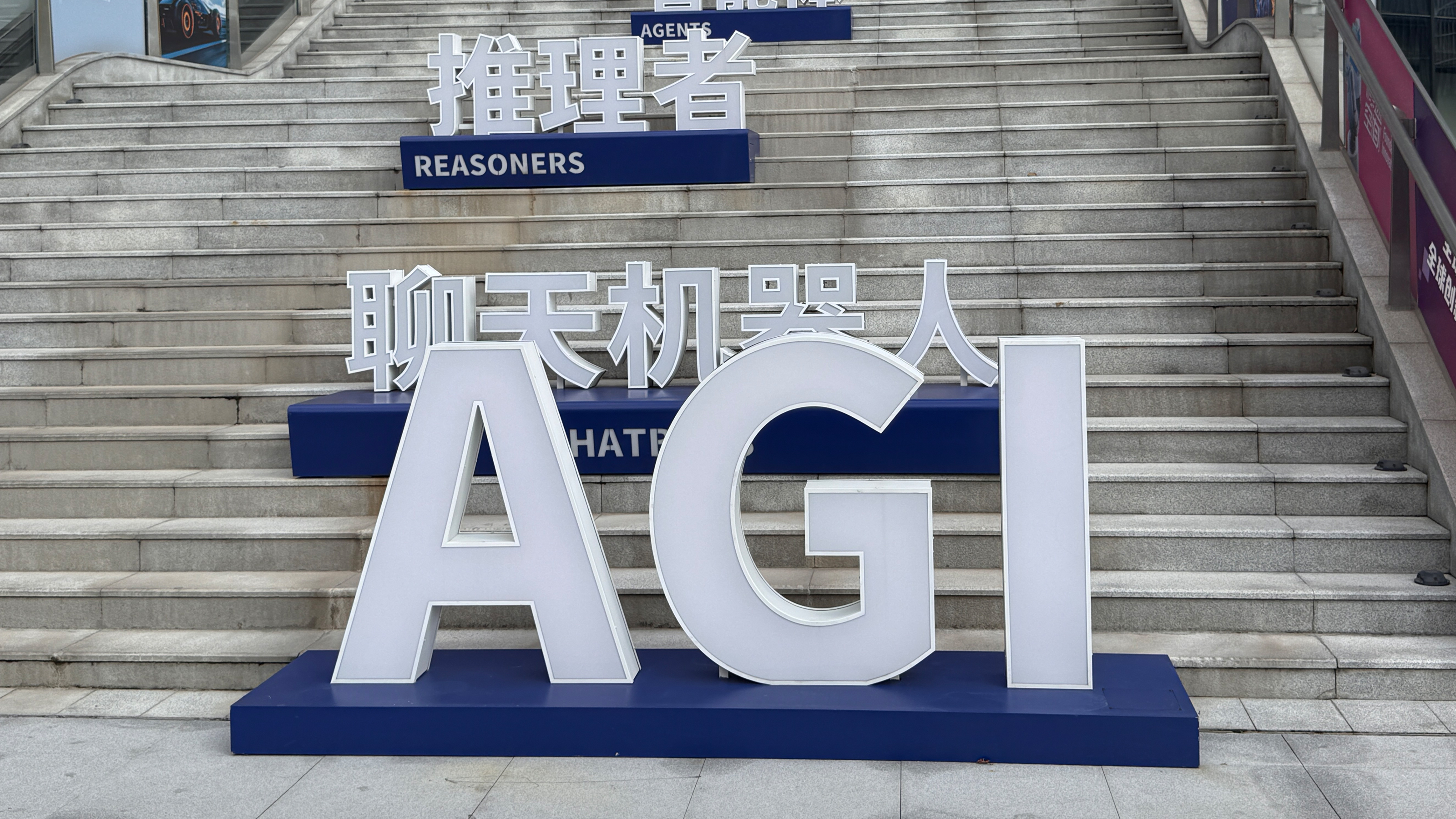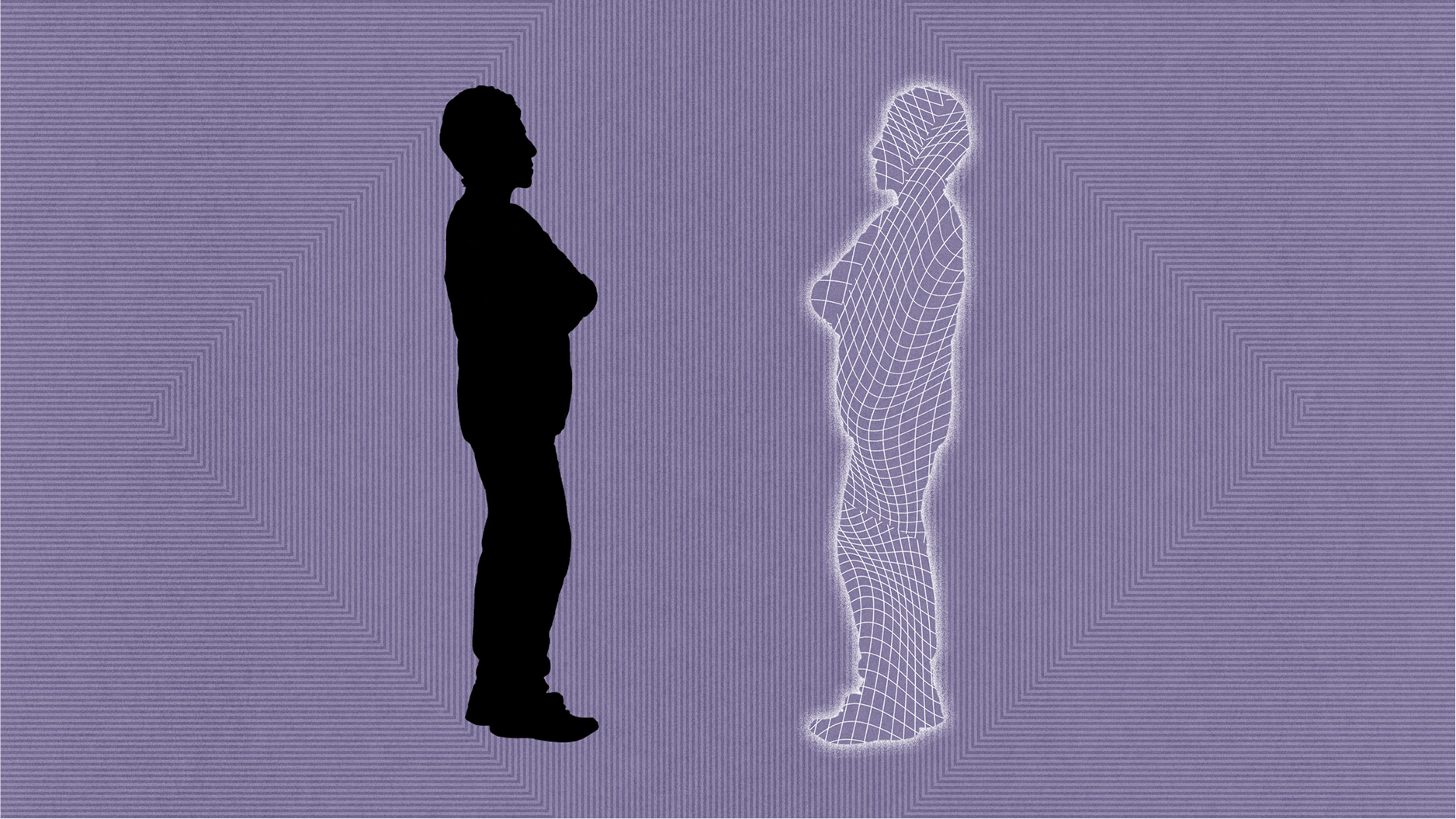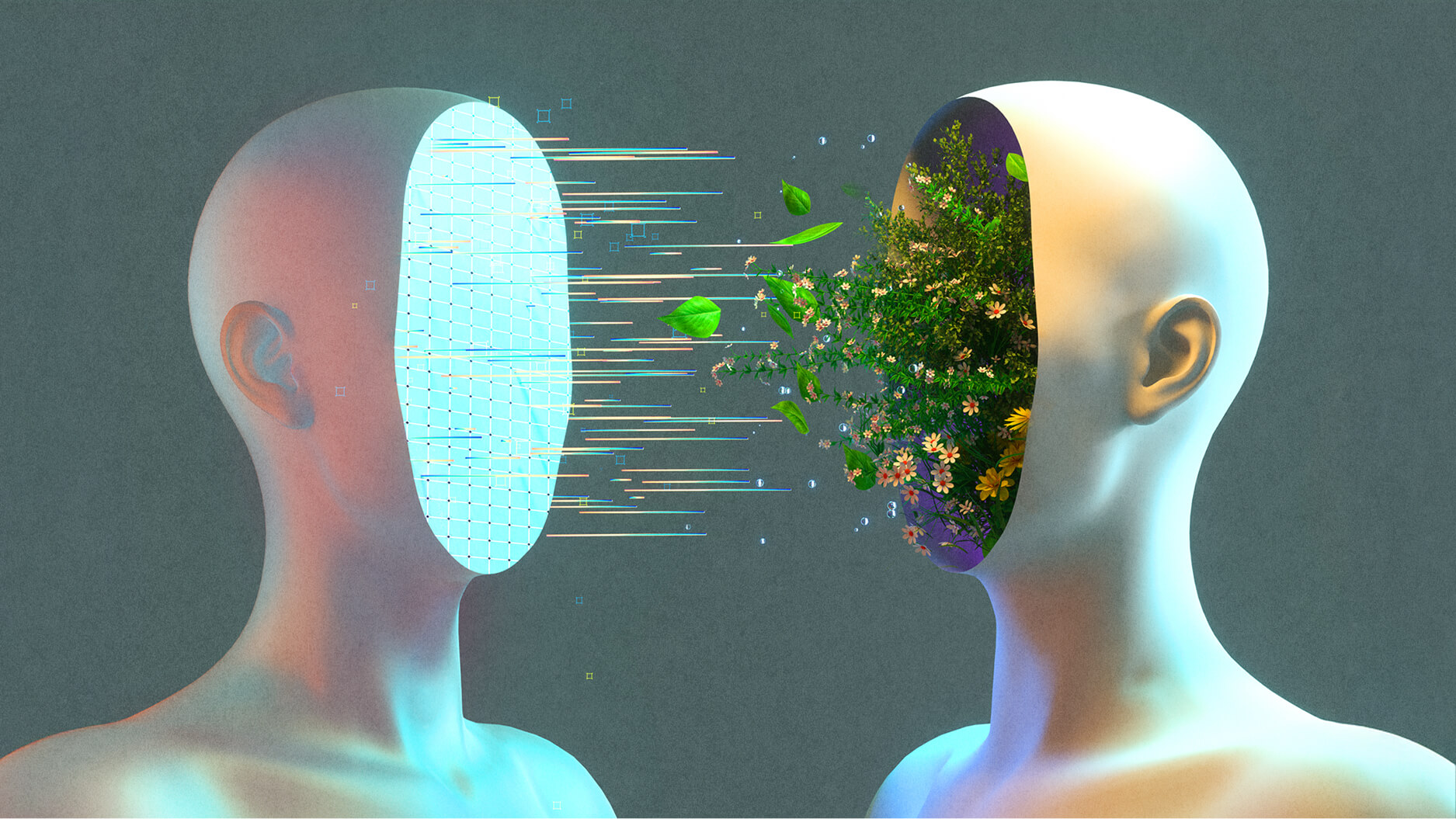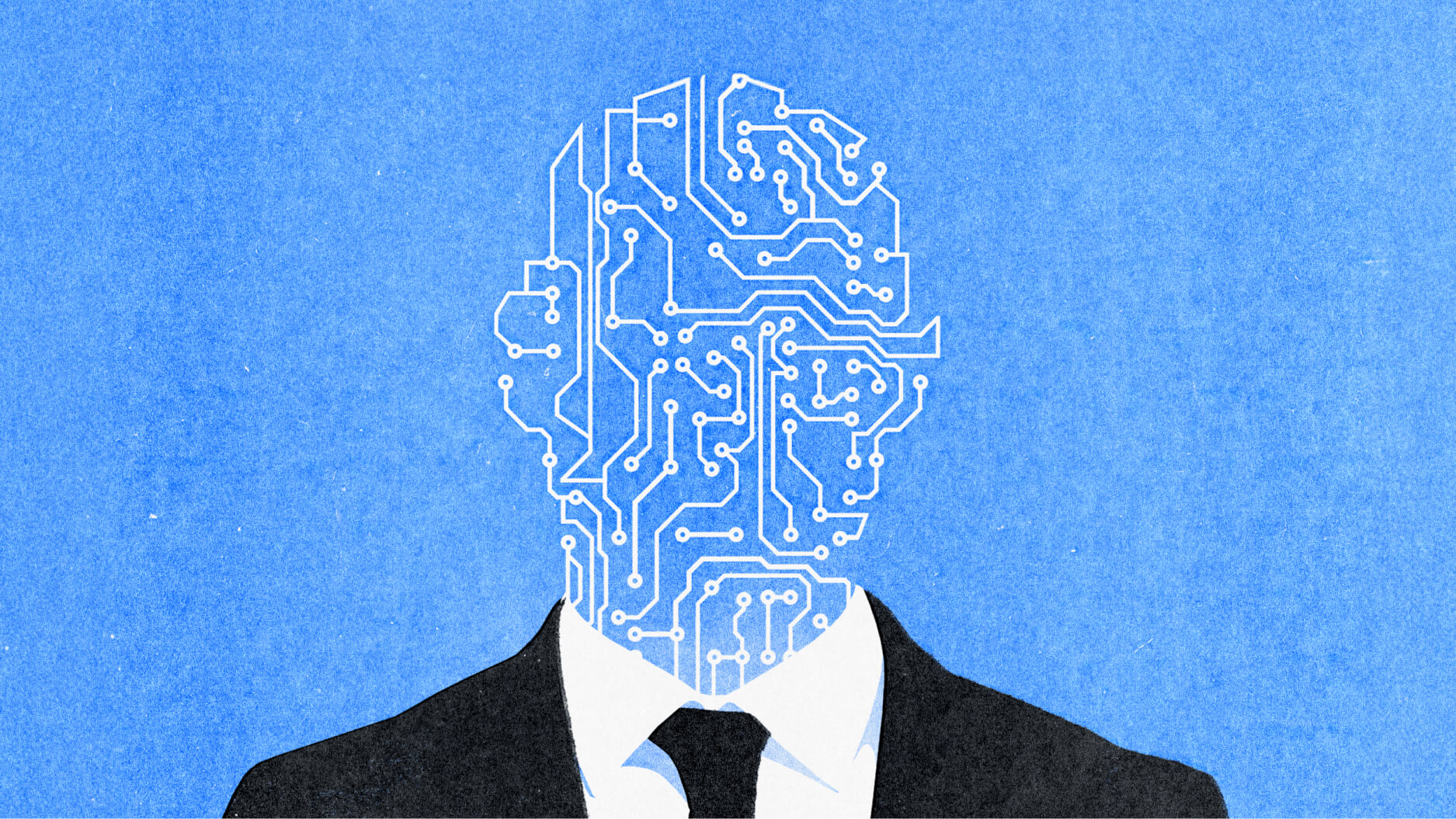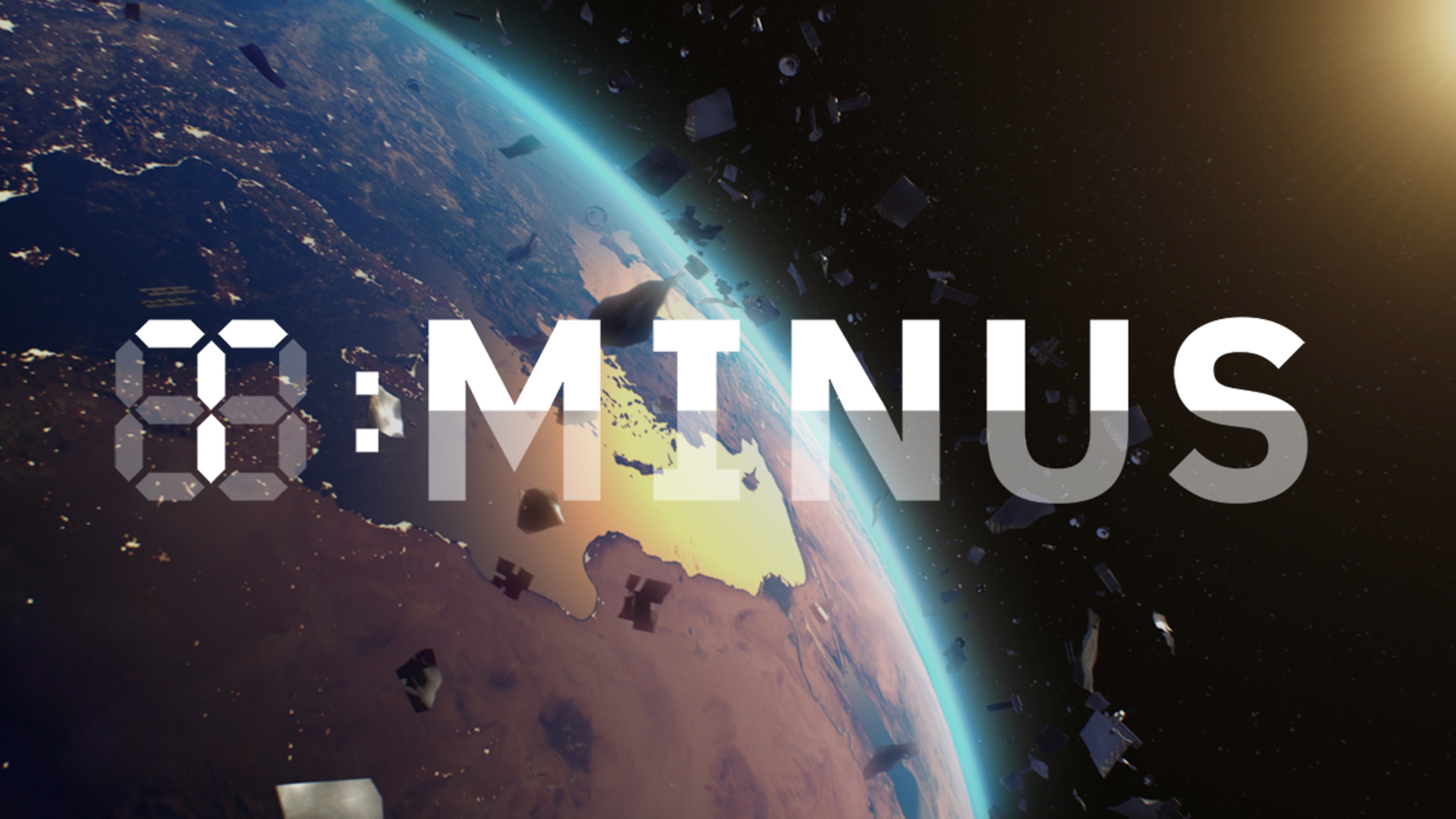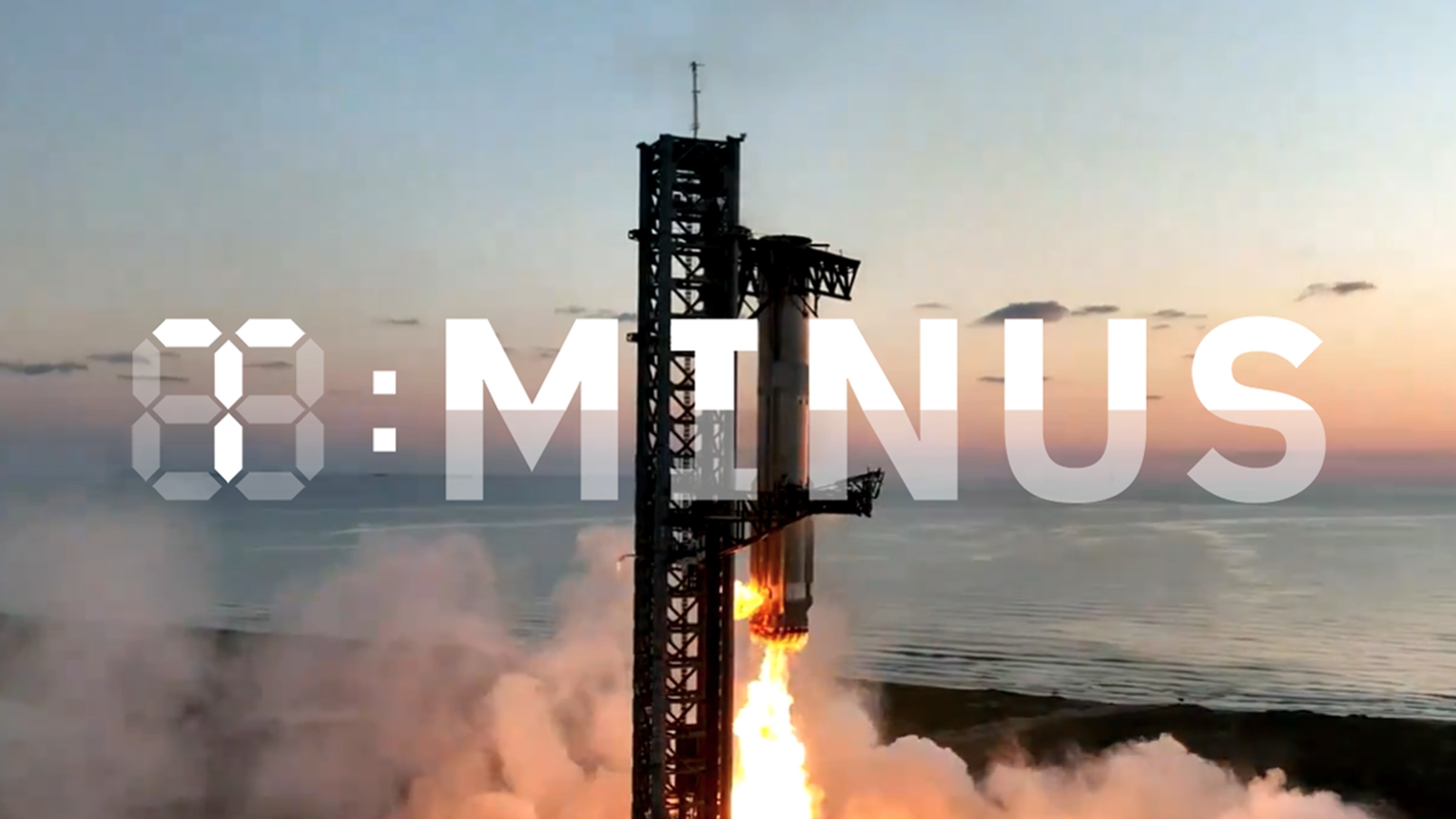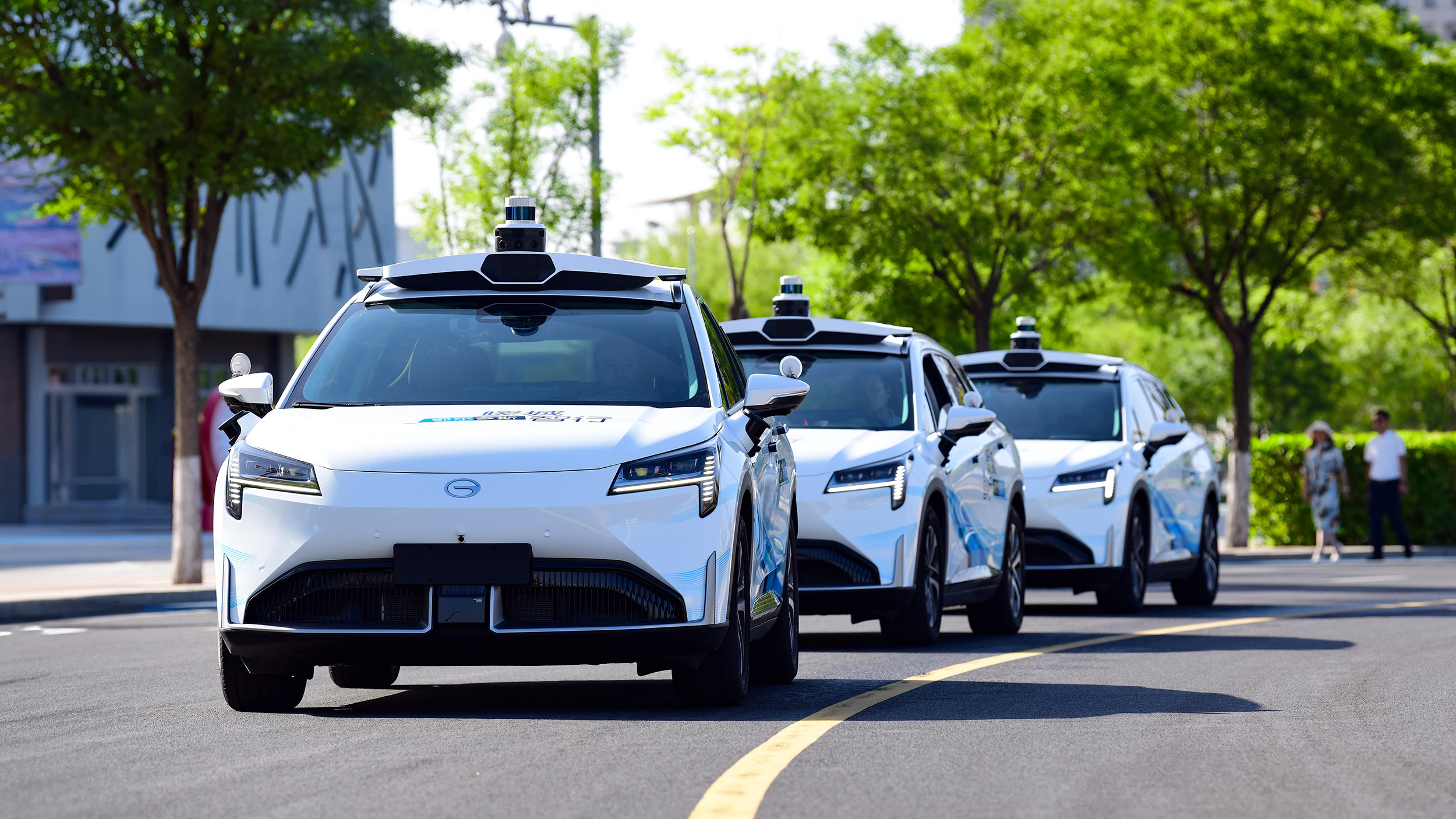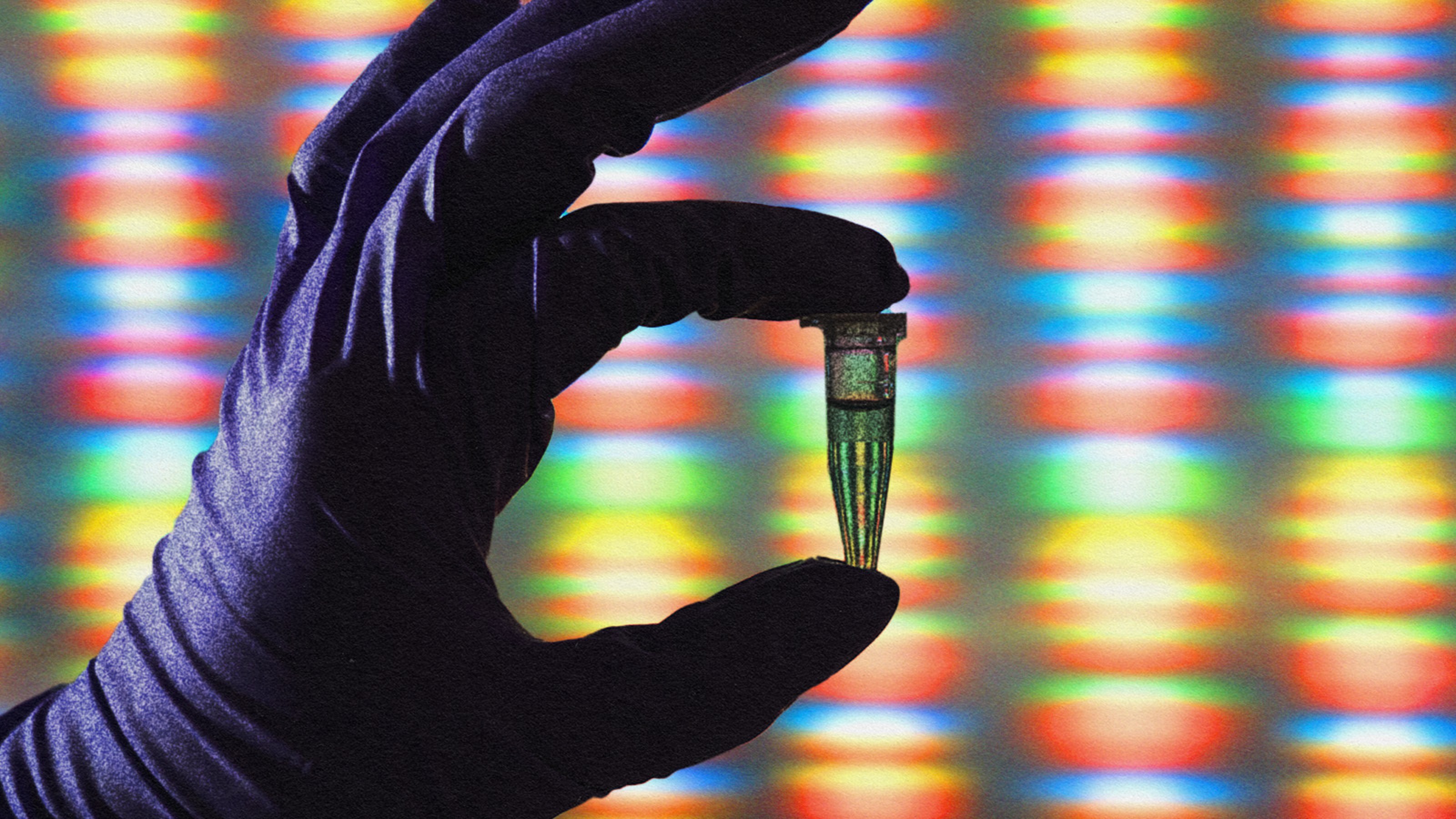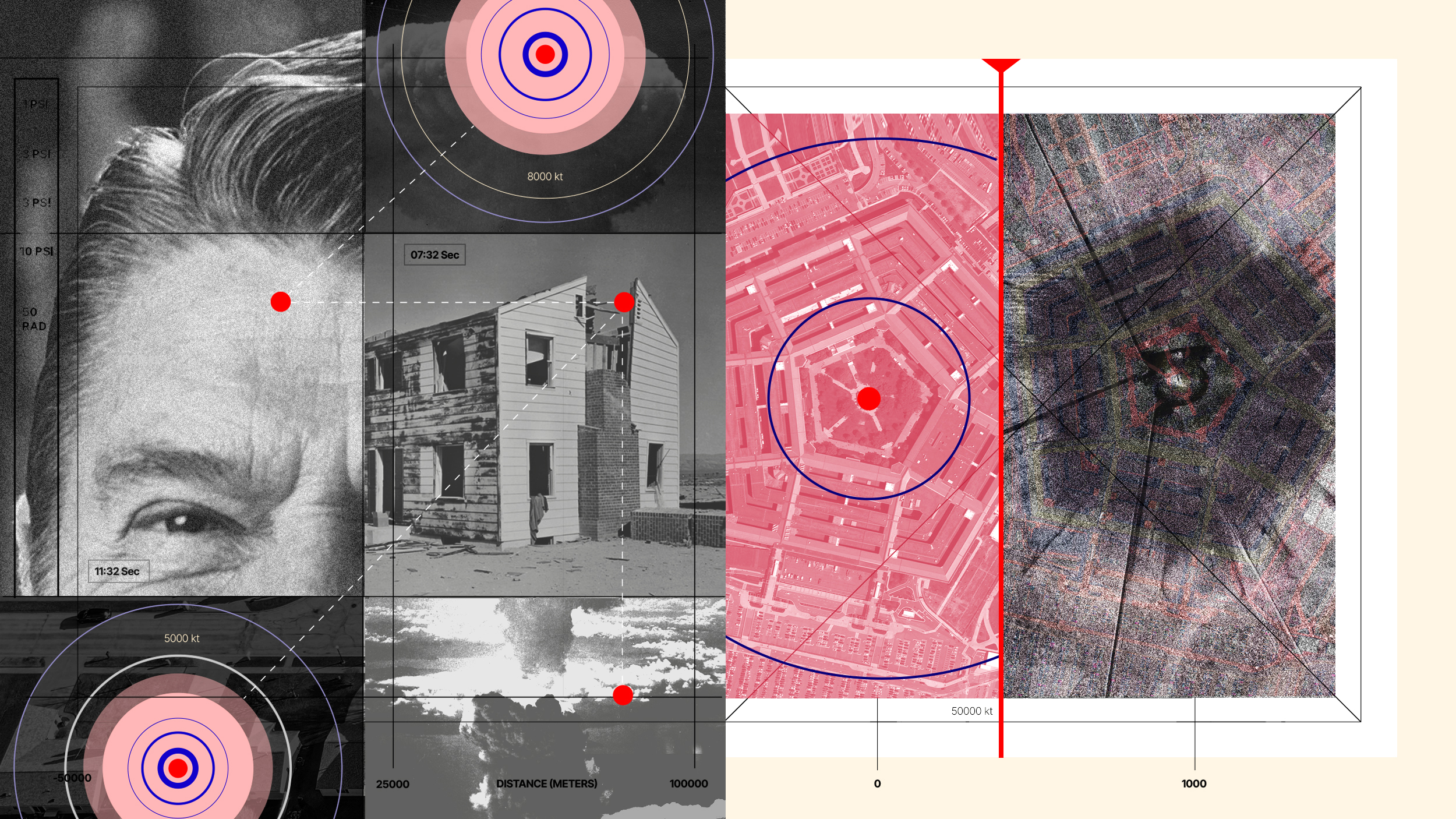The Future
All Stories
A firsthand look at China’s material progress and clean-tech revolution — and what could happen if we let an authoritarian state steer AI’s future.
“We are racing towards a new era in which we outsource cognitive abilities that are central to our identity as thinking beings,” writes computer scientist Louis Rosenberg.
The platform is a digital Royal Society for today’s greatest minds — and it could play an essential role in shaping the next civilization.
Trump may make America great again — just not in the way he had intended.
Surprisingly, multimodal large language models struggle to read time on analog clocks.
One of the most original and optimistic thinkers in America sketches some big ideas about what’s possible with AI in the next 25 years.
Most people think that writing fantasy or science-fiction requires a strong imagination. Podcast host Mike Duncan shows a knowledge of real-world history is just as important.
The latest from Peter Leyden’s “The Great Progression: 2025 to 2050”, an essay series published by Freethink.
Tech expert Peter Leyden argues that we have a historic opportunity to harness AI and other transformative technologies in order to make a much better world over the next 25 years.
Cognitive neuroscientist and AI researcher Christopher Summerfield explores the differences, and similarities, of how AI and humans make meaning of the world.
Conversational AI agents will have a major advantage over human salespeople.
“Technology has always been co-opted for war, but truly intelligent AI, let alone a superintelligence, is a different beast entirely.”
Other plans for the tech: organ banking and deep space travel.
“Mainstream computing will start to shift from a race to develop increasingly powerful tools to a race to develop increasingly powerful abilities.”
“You’ll be able to fly twice as fast as a Boeing or Airbus, and it’ll be like the cost of flying business today.”
Experts answer 10 big questions about the nightmare scenario that could send us back to the pre-Space Age.
“Neurotech is not just about the brain,” says Synchron CTO Riki Banerjee, explaining how their tech can help with paralysis, brain diseases, and beyond.
And can we run the grid of the future without AI?
It’s been 65 years since Richard Feynman saw “plenty of room” in the nano-world. Are we finally getting down there?
“Personhood” credentials could cleanse the internet of bots — but are the costs worth it?
By looking back at future dreams we can see our current hopes and visions in a whole new light.
Behind America’s hunt for a superior semiconductor.
“We can build AI scientists that are better than we are… these systems can be superhuman,” says the FutureHouse co-founder.
AI software is rapidly accelerating chip design, potentially leveling up the speed of innovation across the economy.
Hang on to something — or ride the wave — because three big tech trends are about to converge.
Reusable rockets, moon landers, civilian astronauts, and more.
The best autonomous car may be one you don’t even need to own.
Studying why innovation clusters form can shed light on how to better promote research and growth.
“The promise of the Human Genome Project has finally arrived.”
“We are not our grandparents. It’s time to start thinking differently,” journalist Annie Jacobsen told Big Think.
